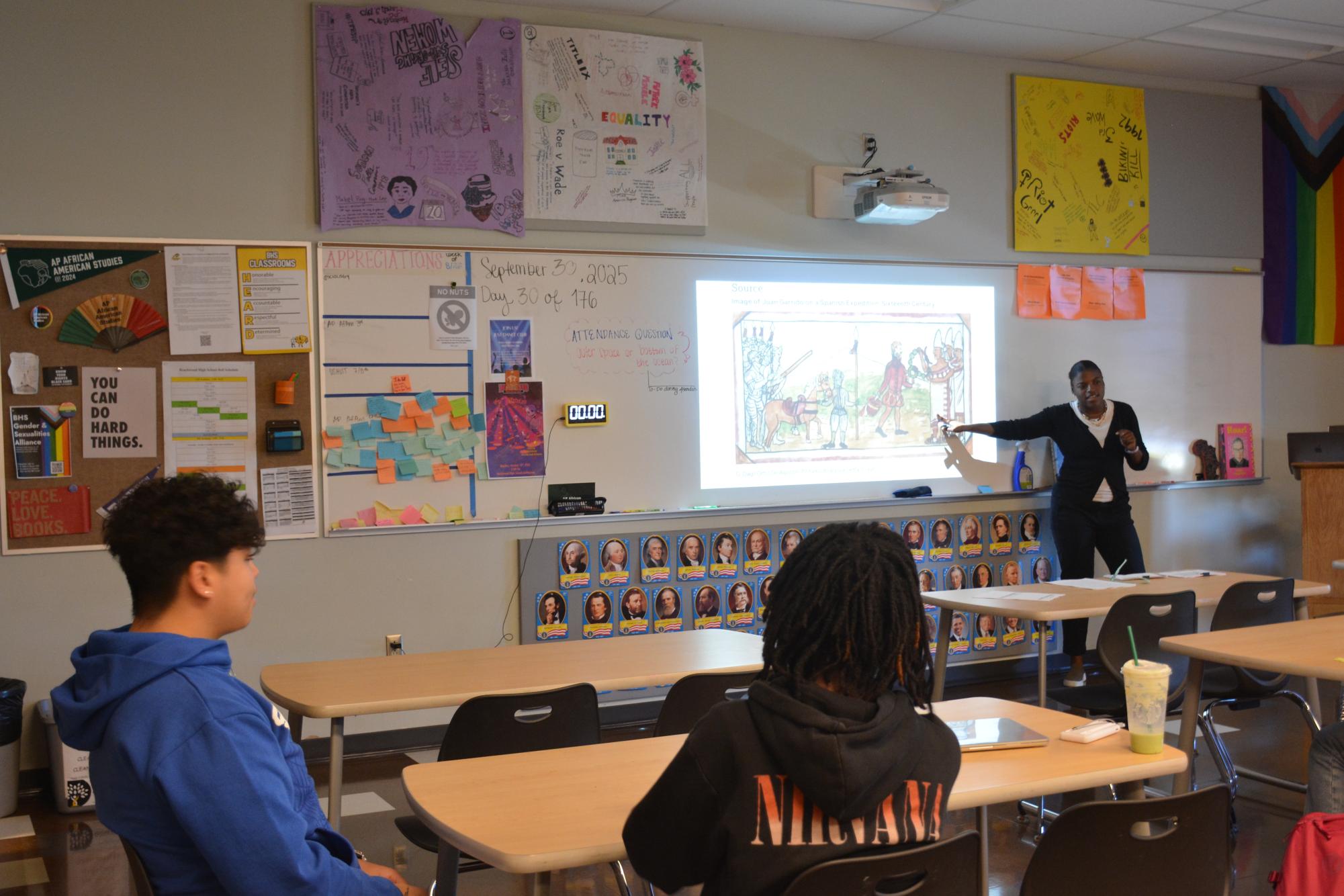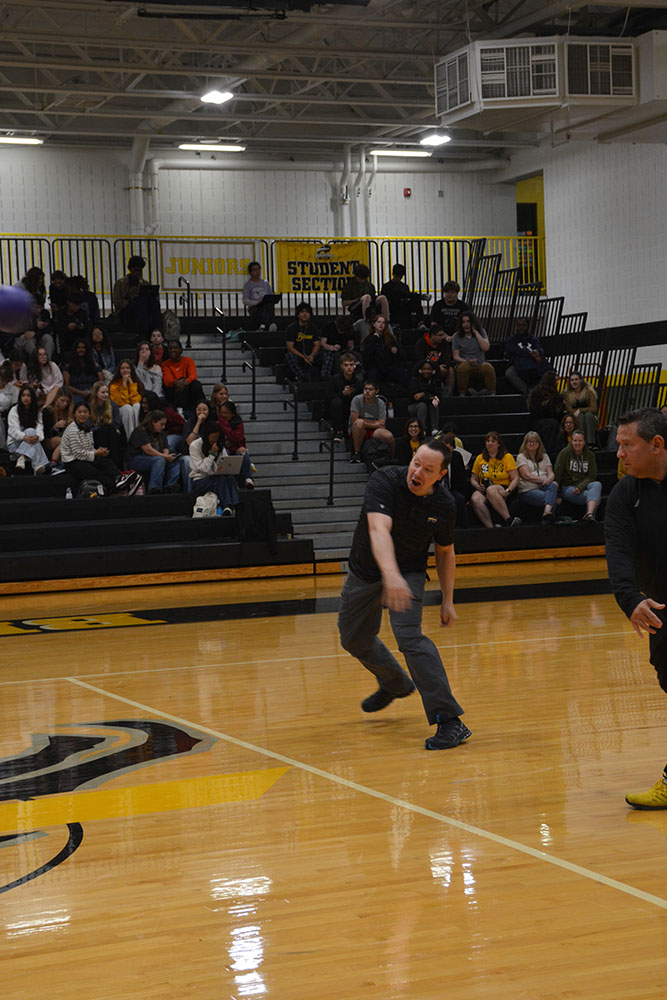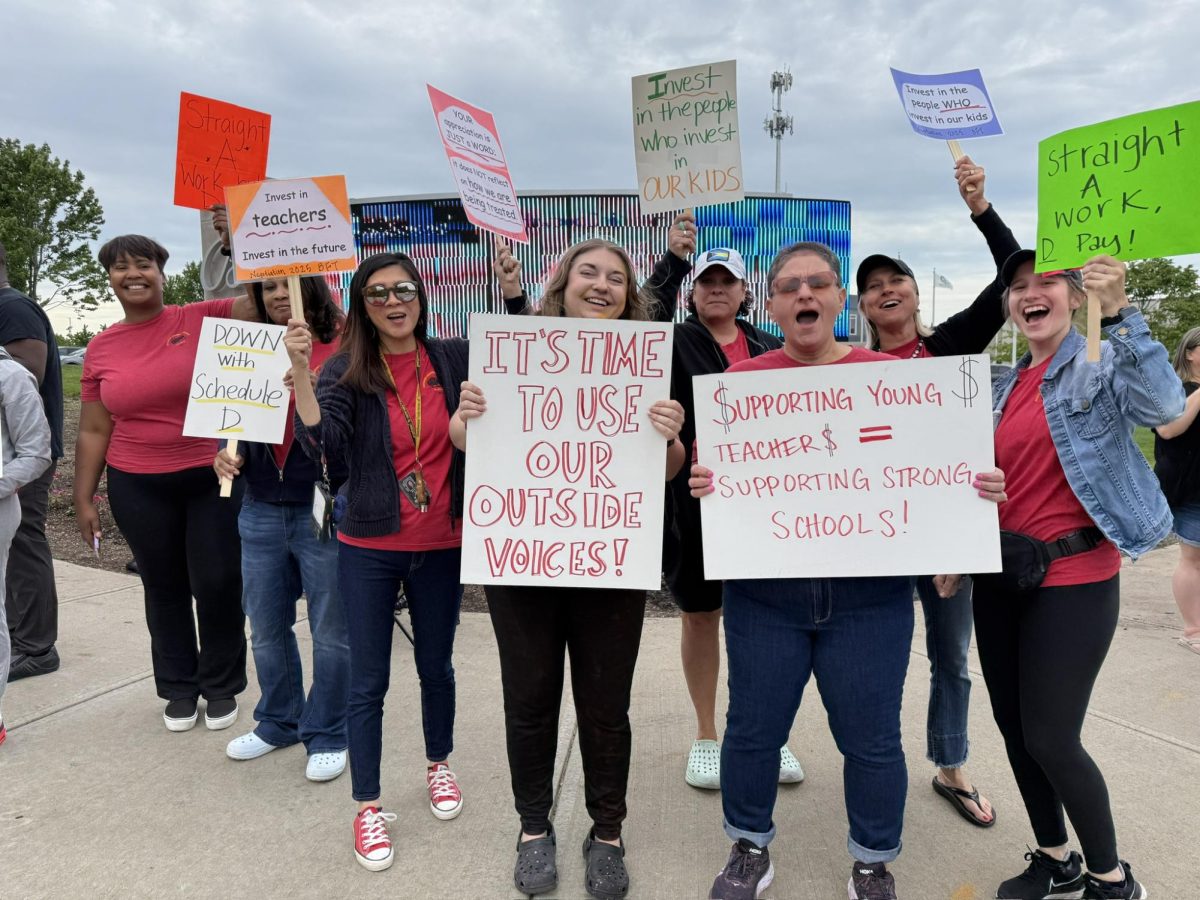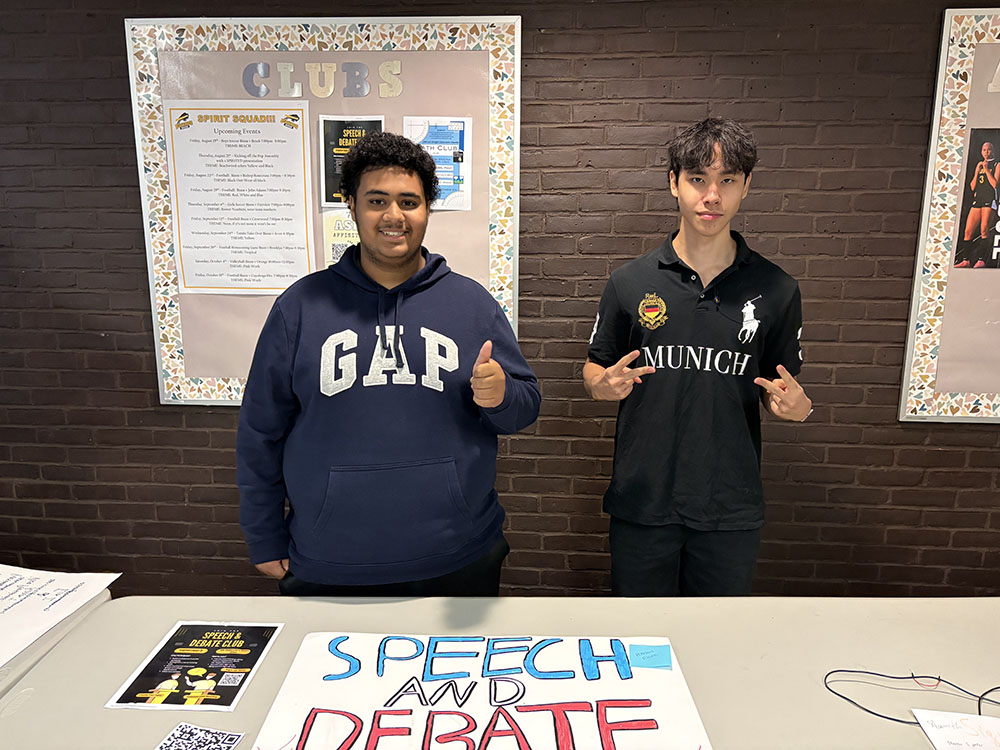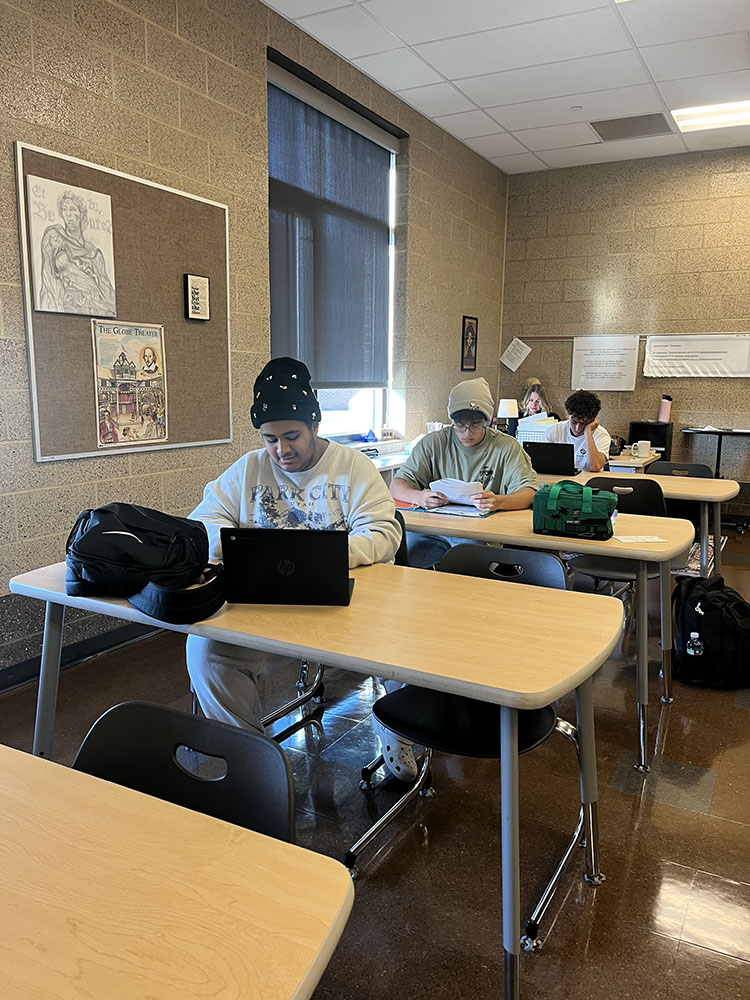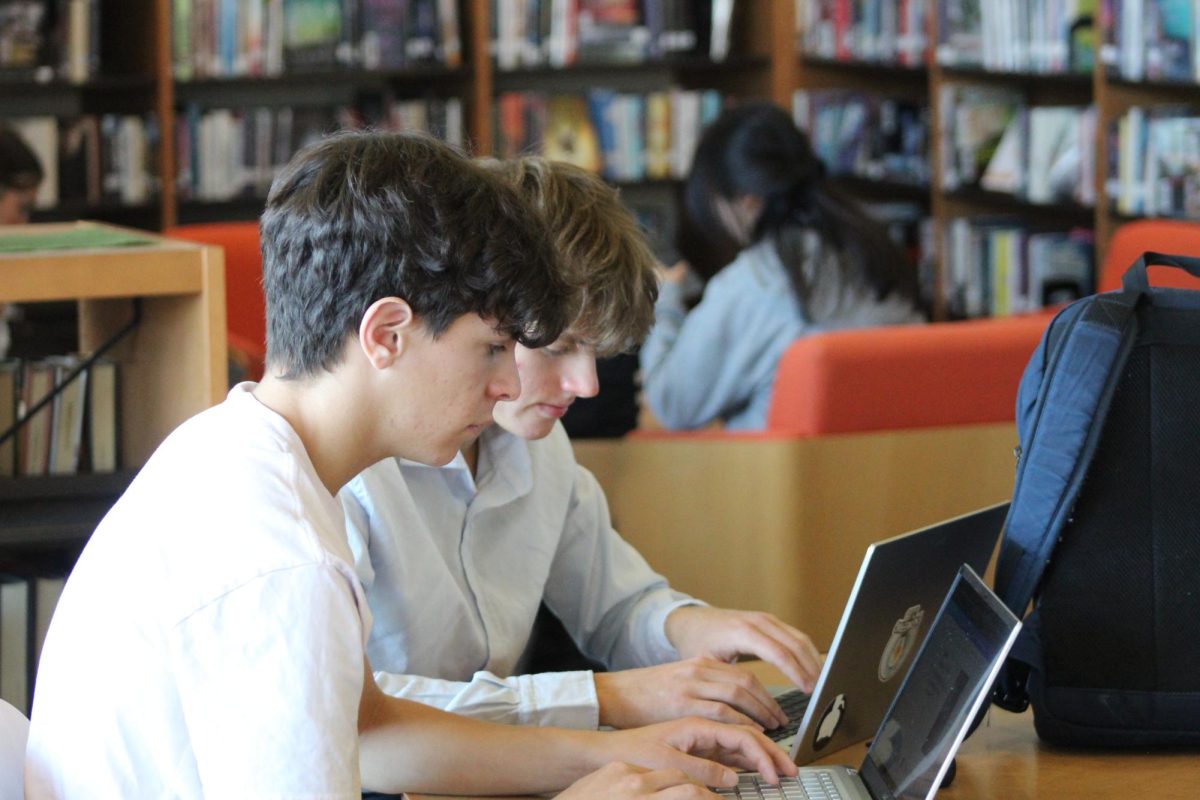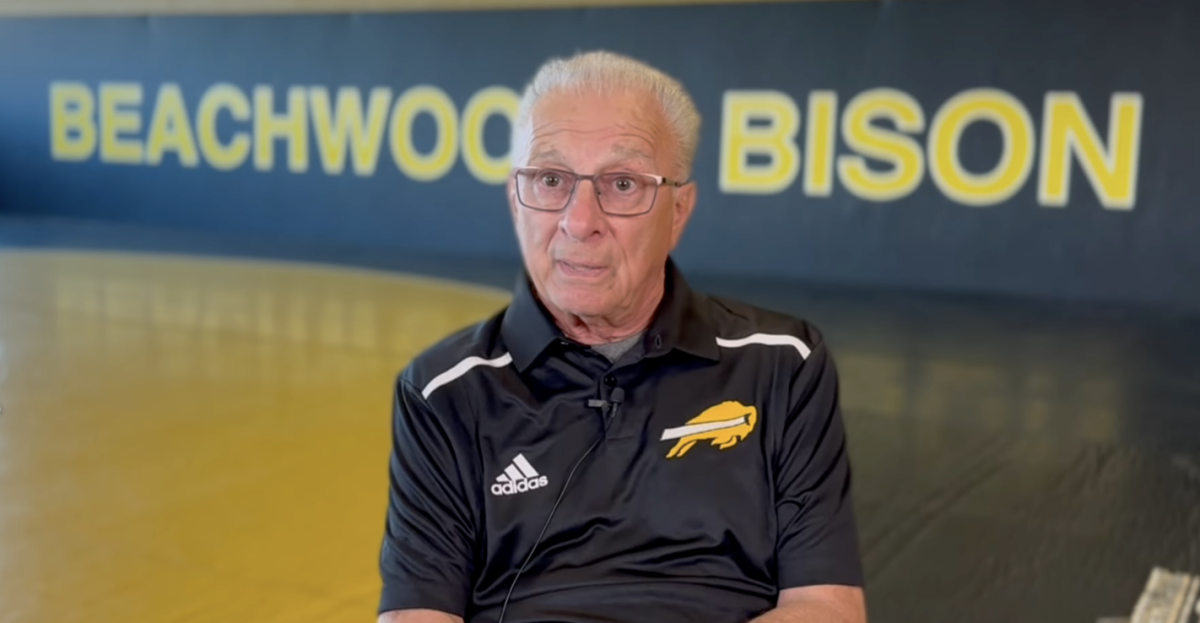Beachwood Schools is now working with Facing History and Ourselves, an educational nonprofit that helps teachers make their classrooms more welcoming and inclusive.
The program, called Schools Where We Belong, gives teachers strategies like journaling, exit slips and classroom contracts so students feel more comfortable and able to share their thoughts. The program is designed to help students from diverse backgrounds feel included.
“This program is very important because our students come from all over the world,” Curriculum Director Dr. Linda LoGalbo said. “If students feel like they belong, then they tend to be more successful in school. We want to create a warm and welcoming environment for all students, regardless of background.”
After Facing History facilitators came to Beachwood for professional development training last year, LoGalbo worked with a team of teachers from BMS and BHS to bring the program to the district.
“We reached out to Facing History, did some training, and then decided this is something we wanted to do as a whole school community,” LoGalbo said.
This year all teachers at the middle and high schools are being trained to use Facing History strategies.
The design team included LoGalbo, Principal Paul Chase, Middle School Principal Tony Srithai, middle school teachers Carrie Shapiro, Breshea Anglen and Nate Smith and high school teachers Felecia Hamilton, Dominic Velotta, Pam Crossman and Casey Matthews.
Teachers say the new practices are already making a difference. Social studies teacher Felecia Hamilton explained that her favorite part of Facing History is classroom contracting.
“Each student feels like they belong in the class because every student is mindful of things that make them comfortable or uncomfortable,” she said. “We all sign a contract agreeing to those norms so everyone feels included.”
Government teacher Dominic Velotta agrees that the strategies may help engage students who might be more shy.
“Journaling and exit slips are a way for students to respond without raising their hand if they’re nervous,” Vellotta said. “The classroom contract also gives a sense of ownership. It creates an environment where students will feel more comfortable and accepted.”
Although Beachwood is just starting the program, many teachers have already used Facing History materials in their curriculum. Hamilton said she often uses the group’s lessons when teaching about troubling periods of history such as Reconstruction or the Holocaust.
“I think Facing History offers a really essential tool,” Hamilton said. “It gives teachers helpful advice for encouraging conversations and making students feel like they get to be curious and ask questions.”
Other schools in the area are also working with Facing History.
Shaker Middle School started the same program last year. Schools like Urban Community School, St. Ignatius and Mandel Jewish Day School are also partnering with the organization.
For LoGalbo, the big picture is about making sure the program has an impact.
“The most important thing is that our goal is to create a warm and welcoming school for all students,” she said. “Hopefully you’ll see in your classrooms some of the strategies we taught on opening day, like exit tickets and classroom norms.”

